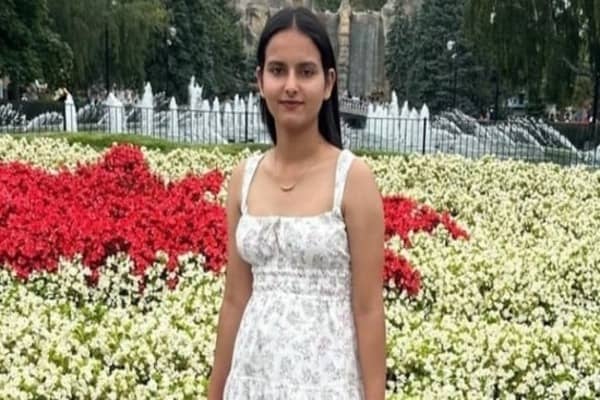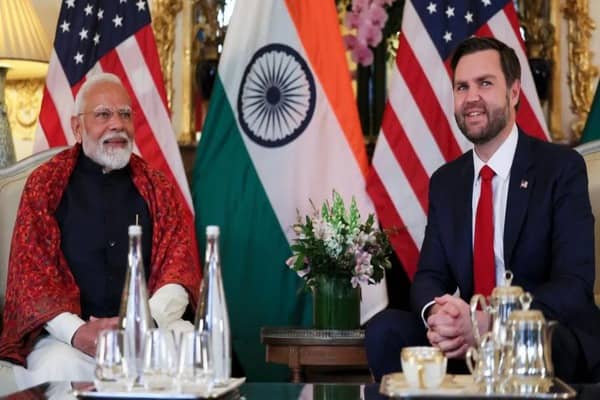At the 16th BRICS Summit, External Affairs Minister S. Jaishankar emphasized the significant progress made by nations that gained independence from colonial rule, highlighting their accelerated development and socio-economic advancements. He stated that “BRICS itself is a statement of how profoundly the old order is changing.” Jaishankar noted, “There is a steady diversification of production and consumption. Nations that achieved independence have rapidly advanced in their socio-economic progress. New capabilities have emerged, enabling the harnessing of more talent. This economic, political, and cultural rebalancing has now reached a stage where we can envision true multi-polarity.”
He stressed the importance of strengthening and expanding independent platforms to create a more equitable global order, asserting that BRICS plays a crucial role in making a significant difference for the Global South. He said, “We must strengthen and expand platforms of an independent nature while widening choices in various domains and minimizing undue reliance on those who may exploit it. This is where BRICS can truly impact the Global South.” He also called for reforming the United Nations Security Council, stating, “We need to reform established institutions and mechanisms, particularly the UN Security Council, both permanent and non-permanent seats, as well as multilateral development banks, whose procedures are outdated. India initiated this effort during its G20 Presidency, and we are pleased to see Brazil continuing it.”
He urged for the democratization of the global economy through the establishment of more production hubs, reflecting on the lessons learned from the COVID-19 pandemic. “We need more resilient, redundant, and shorter supply chains. Every region rightfully aspires to develop its own production capabilities for essential needs,” he said. Jaishankar further highlighted the need to correct colonial-era distortions in global infrastructure. “The world urgently requires more connectivity options to enhance logistics and mitigate risks. This must be a collective effort for the common good, with the utmost respect for territorial integrity and sovereignty.”
He cited examples of India’s initiatives, such as the Unified Payments Interface (UPI) and the Gati Shakti infrastructure, calling for sharing experiences and new initiatives. “India’s Digital Public Infrastructure, including UPI and Gati Shakti, holds great relevance. Initiatives like the International Solar Alliance, Coalition for Disaster Resilient Infrastructure, Global Biofuel Alliance, Mission LiFE, and the International Big Cat Alliance are of shared interest. As a First Responder to natural calamities, health emergencies, or economic crises, we aim to contribute our fair share.”
Notably, Jaishankar attended the summit alongside Prime Minister Narendra Modi, hosted by Russian President Vladimir Putin. The summit brought together leaders from BRICS member countries to address pressing global issues, including strengthening multilateralism, countering terrorism, fostering economic growth, and focusing on the concerns of the Global South. The leaders also welcomed the addition of 13 new BRICS partner countries.



